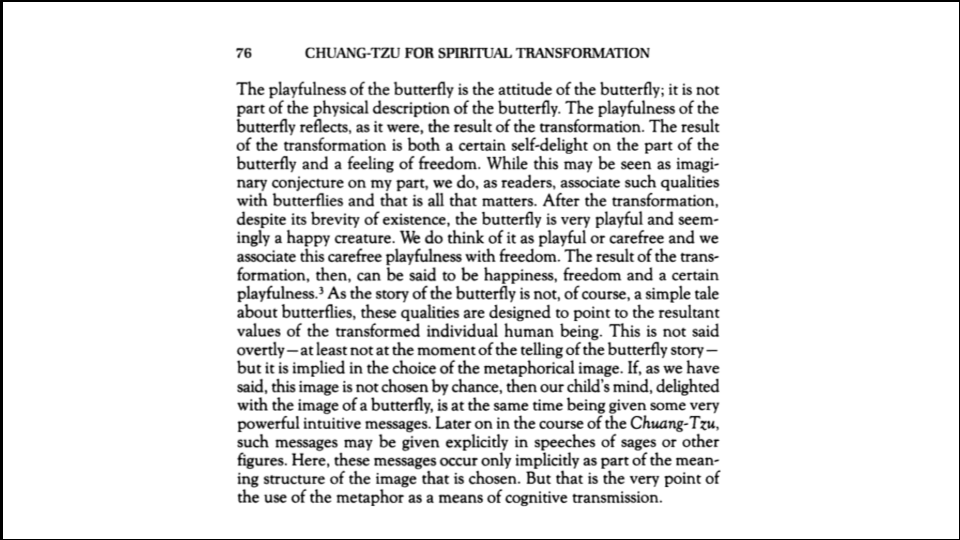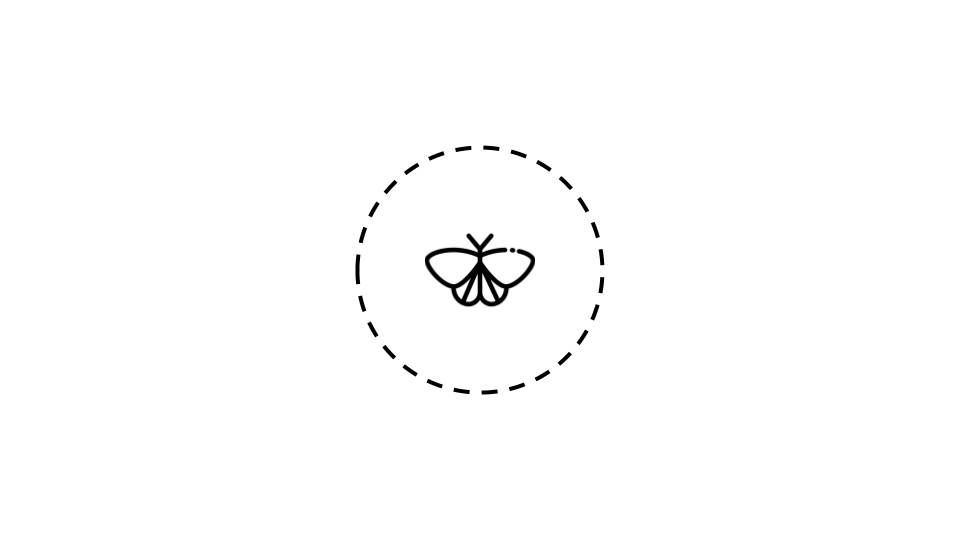
A couple of years ago, I got really interested in pu’er tea—a kind of fermented tea produced in China—which can sell for thousands of dollars. I tried some, liked it, read about its history, and then… My mind started racing: why is it so hard to buy pu’er tea in Europe? Maybe I could import it and create an online shop?
I was trying so hard to pin the butterfly. Sometimes, ideas and passions are best left alone, given enough space to expand, travel, and connect with other ideas and passions. But our worship of entrepreneurship has made us run after viable businesses, profitable ventures—the kind of activities where time spent translates into money earned.
Hobbies are healthy
While most people are aware hobbies tend to make us happier, they are also scientifically proven to make us healthier. For instance, researchers found that hobbies are associated with lower blood pressure and a lower body mass index. The impact is so important, hobbies are considered part of the psychosocial predictors of survival for patients who went through breast cancer surgery. In another study, having a hobby was associated with better heart functions. Hobbies seem to help us live a calmer life, which reflects on the body.
Especially for people in high-pressure, demanding jobs, hobbies can sometimes feel like a necessity. “Something I’ve learned, actually from a collection of Earnest Hemingway quotes about writing, is the importance of disconnecting from the current task and entire thought patterns around building a business. Hobbies do that for me. They occupy my attention and keep me from endlessly working on a business problem, at least consciously” explains Tyler Tringas, founder of Earnest Capital.
Hobbies are also a way to shape our identity. Dr Patricia Linville from the psychology department at Duke University found that the narrower our vision of self, the more prone we are to depression and anxiety. She calls this concept “self-complexity”—our perceived knowledge of ourselves, based on the number of distinct aspects we believe we possess. Goals, relationships, and activities are all part of a network forming our sense of self.
The lower your self-complexity, the more fragile you are. Let’s say you’re a man who thinks about his life mainly in terms of work and family. If your manager gives you harsh feedback, that’s 50% of your sense of self taking a hit. But if your self-complexity is higher—let’s say you have a couple of hobbies, personal goals outside of work, and relationships outside of your family members—the impact will be lessened.
But there’s a growing trend of people turning their hobbies into side hustles. If hobbies are this good, why do we try to turn them into work? “Hobbies are a contradiction. They take work and turn it into leisure, and take leisure and turn it into work. Hobbies occupy the borderland that is beyond play but not yet employment” writes Steven Gelber, author of Hobbies: Leisure and the Culture of Work in America. Maybe that thin line is why it’s so hard to let a hobby stay just a hobby.
Hobbies versus hustles
More than 2 million people sell creative items on Etsy. For many, what started as a creative outlet became a business. Of course, in some instances it is necessary to make a hobby more professional, for example if the goal is to break into a specific industry of if you’re genuinely strapped for cash and need the extra income. But it’s undeniable monetisation will complexify your relationship with your craft.
“My long term vision has almost always been to become some sort of professional creative who makes a living by pursuing his taste. I know from reading about other professionals that this is a long and winding road that takes decades to achieve—i.e. to reach the point where you’re basically paid to do whatever you like. But the money isn’t really the point. I think if I had been thinking about money all along, it would have been stifling and exhausting. Creative freedom has always been really really important to me. I don’t want to compromise on something because I think it’ll get more sales or be more popular if it means I don’t love the work. There’s enough of that in professional work contexts” shared Visakan Veerasamy, co-founder of JIBABOM! and author of soon-to-be-published Friendly Ambitious Nerd, when I asked him about his opinion on hobbies versus hustles.
Pushing too hard to turn a hobby into a hustle can actually make you lose your passion. In an article, Ann Friedman explained how one of her friends who loved crochet decided to sell her designs to get some extra income. Making her hobby a business ruined it for her, and she has stopped crocheting altogether since she found a better paying job.
To me, the main difference between a hobby and a hustle is whether you have to do it even when you don’t want to. Client waiting for a deliverable, customers who subscribed to receive a specific service, paid commitment to write a piece? That’s a hustle. Nobody cares whether I do the thing or not? That’s a hobby.
When you put it this way, it makes sense to keep some hobbies that are just that—hobbies. Spaces of self-expression where you can experiment and play whenever you feel like it. Butterflies have often been used as a metaphor for freedom. Turning every single hobby into a hustle is akin to walking around with a cyanide-filled jar to kill and pin every butterfly you see. Sometimes it’s better to just enjoy the chaos of your creative flow without trying to capture and catalyse it.
Anne-Laure Le Cunff

I’m an ex-Googler, entrepreneur, and part-time neuroscience student at King’s College. If you found this article useful, subscribe to my weekly newsletter about mindful productivity.
